Learn Everyday Greetings in English

As an English learner you may probably know the formal English greetings such as, ‘hello’ or ‘how are you doing?’ or ‘good morning.’
Sometimes these modes of greetings may not be the most common phrases used by English native speakers.
Though you may have used the correct English grammar, there are many other variations which are more preferred by English speakers.
There is the option of using other English greetings that sound more natural in the current times.
Here are some examples of other informal and formal greetings that English speakers use universally and some limited to specific areas that they use to greet each other.
The greetings are also inclusive of speakers who may be just learning the language or are corporate entities who may prefer the use of a more formal language.
Everyday Greetings And Expressions
Most of the native English speakers use a more informal format when they engage in conversations.
This is when they are speaking to casual persons such as friends, family and colleagues with whom they have known each other for a long period of time.
This is also inclusive of persons met in a more casual setting and other acquaintances.
1. Hey or Hi
The phrase is used most especially among the youth, it is used as a greeting and sometimes as a way of communicating with a person with whom you are not familiar with.
This is especially when you are trying to catch their attention.
The distinction between the two is that the phrase ‘hey’ is used when greeting people you are familiar with, persons you have known over a long period of time while ‘hi,’ is used when signaling or communicating to a stranger.
‘Hey man’ is used by some English speakers when talking to male persons but at time sit can be used in reference to a female.
However, you must be sure to know the lady well and have had previous relations before using the phrase; otherwise it can be portrayed as rudeness.
2. How Is It Going? Or How Are You?
The phrase is normally used among persons who know each other.
It would be rather awkward if you were to ask someone whom you have never had conversation before, ‘how is it going?’
The phrase is considered formal and can be used in business meeting.
You can respond by saying, ‘It’s going well,’ or ‘It’s going good.’
However, it is common for others to say, ‘good’ or ‘fine.’
You should note that in the strict sense this is not grammatically correct.
As a way of showing courtesy you can also say, ‘what of you?’ or ‘what about you?’ or ‘and you?’
Other informal greetings that refer to the above include, ‘what’s new?’ ‘what’s going on?’
In other instances instead of jumping to ask immediately ‘what about you?’ you can also ask, ‘what’s going on in your life?’
To inquire more on what is going on the life of the person with whom you are engaging in conversation you can also add, ‘How is everything?’ ‘How are things going on in your life?’ or ‘How is life taking you?’
Other Greetings
Other examples of casual greetings used among persons who have known each other for a long period of time are ‘nice to see you.’ ‘Good to see you.’
Most of the time these greetings are accompanied with embraces such as hugs and handshakes which may be considered to be sign of courtesy.
Formal Greetings
These are used during formal meetings such as in the work station or when using appropriate interview answers or when talking to business partners.
It is recommendable to begin by first talking in a formal manner before being casual with someone you have just met or in an official capacity.
Formal greetings not only portray a level of respect but also show a level of maturity and set a tone of seriousness for the rest of the conversation.
Examples of such greetings include, ‘Good morning, Good evening, Pleased to meet you, Good to have met you, It’s nice to meet you or Afternoon, evening or Morning.’
Everyday Occasional Greetings
These are used during special occasions and are not the norm.
Examples include, ‘Happy Easter, Happy Holidays, Congratulations, Well done and Get Well soon.’
Office greetings and those used via phone in response to a call that has just been made include, ‘Hello, hello who is this? Or, Hi who am I speaking to?’
These greetings show a courteous nature and exude kindness and humbleness.
Invalid YouTube URL
As an English learner you may probably know the formal English greetings such as, ‘hello’ or ‘how are you doing?’ or ‘good morning.’
Sometimes these modes of greetings may not be the most common phrases used by English native speakers.
Though you may have used the correct English grammar, there are many other variations which are more preferred by English speakers.
There is the option of using other English greetings that sound more natural in the current times.
Here are some examples of other informal and formal greetings that English speakers use universally and some limited to specific areas that they use to greet each other.
The greetings are also inclusive of speakers who may be just learning the language or are corporate entities who may prefer the use of a more formal language.
Everyday Greetings And Expressions
Most of the native English speakers use a more informal format when they engage in conversations.
This is when they are speaking to casual persons such as friends, family and colleagues with whom they have known each other for a long period of time.
This is also inclusive of persons met in a more casual setting and other acquaintances.
1. Hey or Hi
The phrase is used most especially among the youth, it is used as a greeting and sometimes as a way of communicating with a person with whom you are not familiar with.
This is especially when you are trying to catch their attention.
The distinction between the two is that the phrase ‘hey’ is used when greeting people you are familiar with, persons you have known over a long period of time while ‘hi,’ is used when signaling or communicating to a stranger.
‘Hey man’ is used by some English speakers when talking to male persons but at time sit can be used in reference to a female.
However, you must be sure to know the lady well and have had previous relations before using the phrase; otherwise it can be portrayed as rudeness.
2. How Is It Going? Or How Are You?
The phrase is normally used among persons who know each other.
It would be rather awkward if you were to ask someone whom you have never had conversation before, ‘how is it going?’
The phrase is considered formal and can be used in business meeting.
You can respond by saying, ‘It’s going well,’ or ‘It’s going good.’
However, it is common for others to say, ‘good’ or ‘fine.’
You should note that in the strict sense this is not grammatically correct.
As a way of showing courtesy you can also say, ‘what of you?’ or ‘what about you?’ or ‘and you?’
Other informal greetings that refer to the above include, ‘what’s new?’ ‘what’s going on?’
In other instances instead of jumping to ask immediately ‘what about you?’ you can also ask, ‘what’s going on in your life?’
To inquire more on what is going on the life of the person with whom you are engaging in conversation you can also add, ‘How is everything?’ ‘How are things going on in your life?’ or ‘How is life taking you?’
Other Greetings
Other examples of casual greetings used among persons who have known each other for a long period of time are ‘nice to see you.’ ‘Good to see you.’
Most of the time these greetings are accompanied with embraces such as hugs and handshakes which may be considered to be sign of courtesy.
Formal Greetings
These are used during formal meetings such as in the work station or when using appropriate interview answers or when talking to business partners.
It is recommendable to begin by first talking in a formal manner before being casual with someone you have just met or in an official capacity.
Formal greetings not only portray a level of respect but also show a level of maturity and set a tone of seriousness for the rest of the conversation.
Examples of such greetings include, ‘Good morning, Good evening, Pleased to meet you, Good to have met you, It’s nice to meet you or Afternoon, evening or Morning.’
Everyday Occasional Greetings
These are used during special occasions and are not the norm.
Examples include, ‘Happy Easter, Happy Holidays, Congratulations, Well done and Get Well soon.’
Office greetings and those used via phone in response to a call that has just been made include, ‘Hello, hello who is this? Or, Hi who am I speaking to?’
These greetings show a courteous nature and exude kindness and humbleness.
0Comments
Like
Comment
Send
Top Rated Courses
Test Your Skill Set

Do you want to check how much tellented you are? Test your skill here and get certificate.





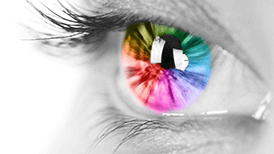
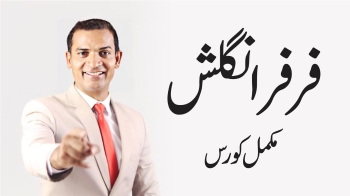












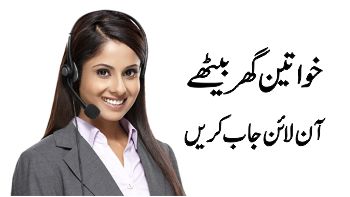


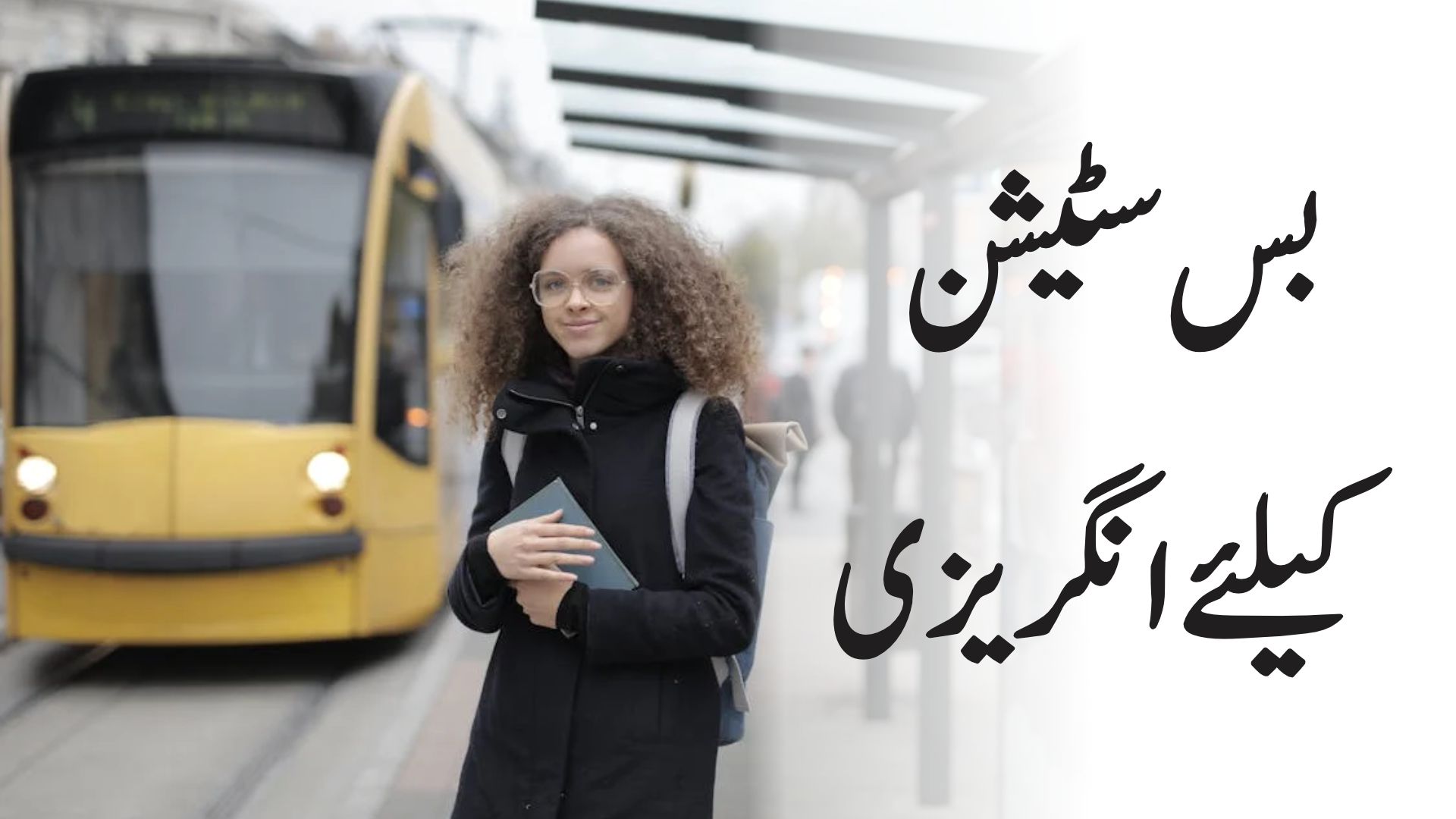

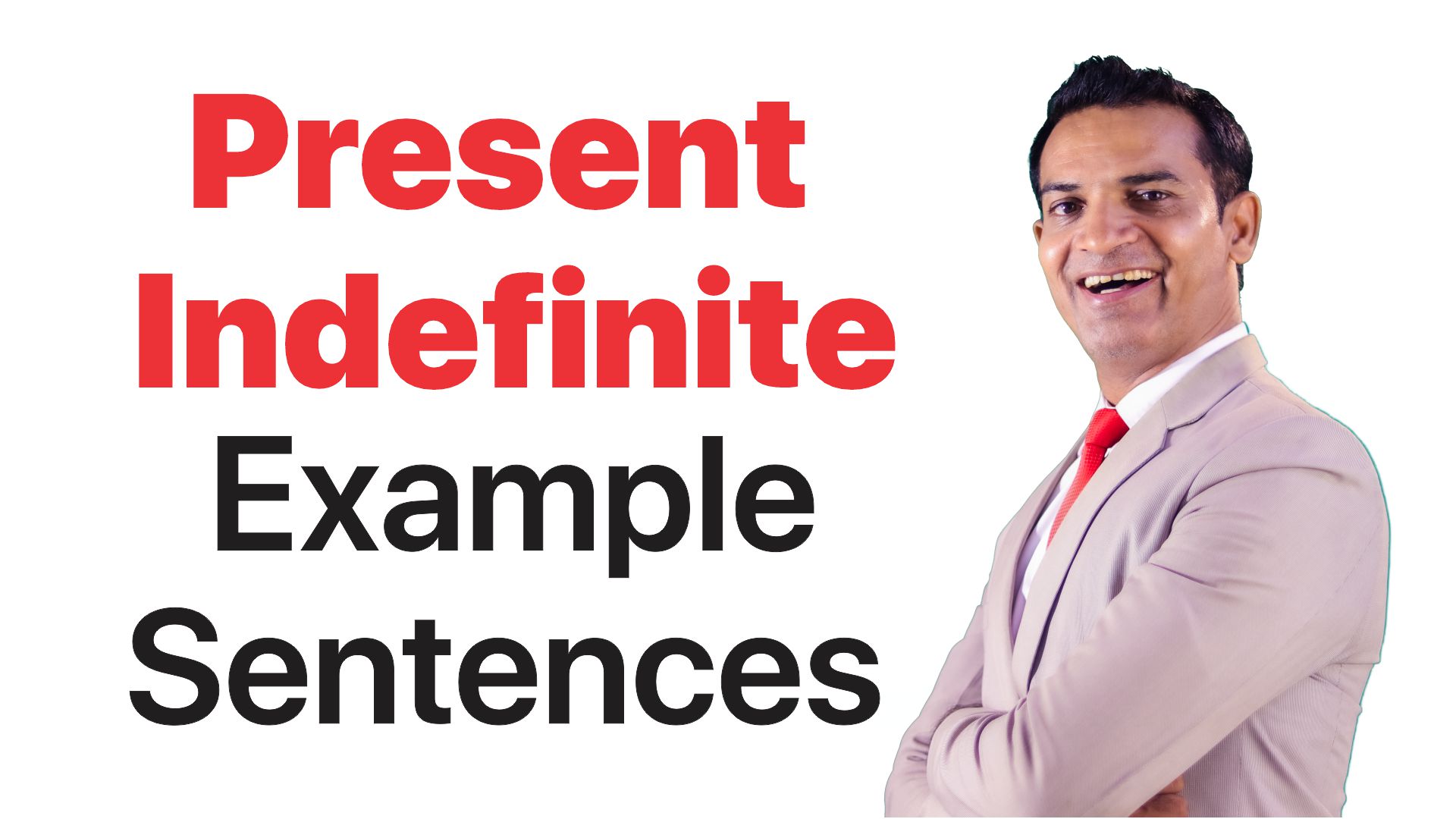

 Instagram
Instagram
Comments